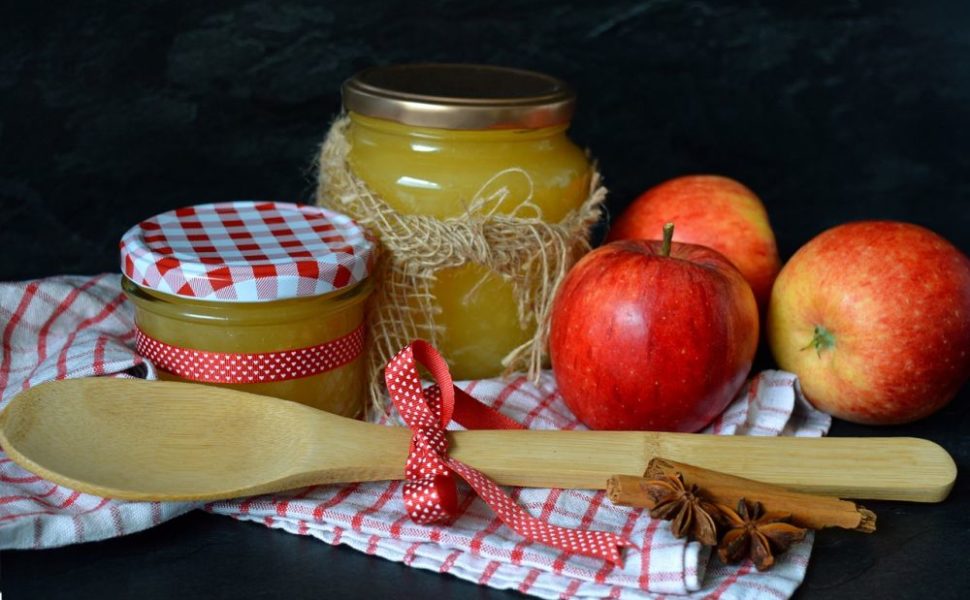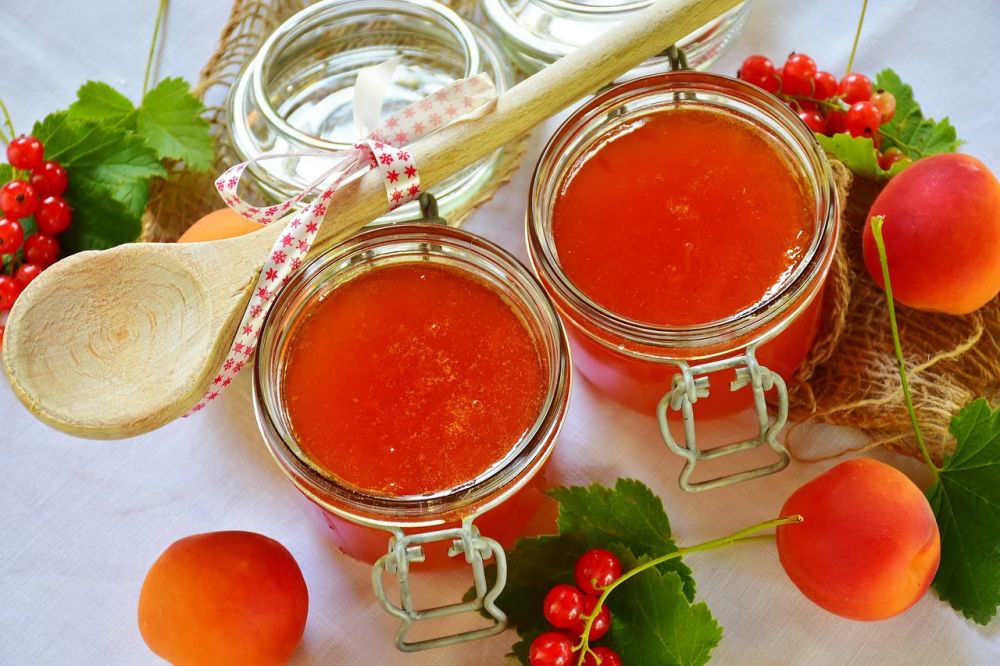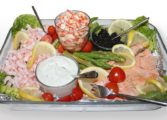Vegan Dessert: A Delicious and Ethical Delight

Introduction:
In recent years, the popularity of plant-based diets has soared, with more and more people embracing the vegan lifestyle. As a result, the demand for vegan desserts has also grown exponentially. In this comprehensive article, we will delve into the world of vegan desserts, exploring everything from their nature and various types to their historical significance and quantitative measurements. Join us on this indulgent journey towards discovering the wonders of vegan desserts.
Overview of Vegan Dessert:

Vegan desserts are sweet treats that are entirely free from animal-based ingredients, making them suitable for those following a vegan lifestyle. By eliminating dairy products, eggs, and other animal-derived ingredients, vegan desserts offer a guilt-free option for those who wish to indulge in decadence without compromising their ethical choices. These desserts rely on plant-based alternatives like nut milks, fruit purees, and coconut cream to achieve their luscious texture and unforgettable flavors.
Types of Vegan Dessert:
Vegan desserts come in various forms, each catering to different tastes and preferences. Some popular types include:
1. Vegan Cakes and Cupcakes: These delectable treats are often made using egg substitutes like applesauce, flax eggs, or aquafaba (the liquid from chickpea cans). They can be flavored with fruits, chocolate, or aromatic spices, ensuring a delightful experience for any cake aficionado.
2. Vegan Cookies and Brownies: The absence of eggs is effortlessly compensated by ingredients such as mashed bananas, coconut oil, or vegan butter. These cookies and brownies maintain their soft or gooey texture while satisfying the most intense sweet tooth.
3. Vegan Pies and Tarts: Traditional pie crust recipes can easily be adapted to fit a vegan diet by substituting butter with plant-based alternatives. Fillings can be made with a variety of fruits, such as apples, berries, or citrus, resulting in vibrant and tangy creations.
4. Vegan Ice Cream and Sorbet: Dairy is replaced with creamy coconut milk, almond milk, or cashew milk to create velvety and refreshing frozen treats. With a vast array of flavors, vegan ice creams and sorbets are a dream come true for any dessert lover.
Quantitative Measurements of Vegan Dessert:
As the demand for vegan desserts has surged, there has been a corresponding increase in the availability of quantitative measurements and nutritional information. Many vegan dessert recipes now specify the number of calories, levels of protein and fat, and even macro and micro nutrients. This makes it easier for health-conscious individuals to incorporate vegan desserts into their diet plans and keep track of their nutritional intake.
Distinguishing Different Vegan Desserts:
Although all vegan desserts come from the same plant-based origin, their ingredients, textures, and flavors can differ significantly. For instance, a vegan chocolate mousse might use avocado for creaminess, while a vegan fruit sorbet may solely rely on blended frozen fruits for its texture. These variations in ingredients and methods contribute to the diverse array of vegan dessert options available, allowing individuals to find their personal favorites.
Historical Overview of Vegan Desserts:
Vegan desserts have a long and rich history, with their popularity dating back centuries. In ancient civilizations, vegan desserts often featured natural sweeteners like honey or fruit extracts. Throughout the years, the rise of innovative techniques and the exploration of new ingredients have led to tremendous advancements in vegan dessert recipes. However, it is crucial to note that the availability and accessibility of vegan desserts have increased significantly in recent years due to growing awareness and demand for plant-based alternatives.
Advantages and Disadvantages of Vegan Desserts:
Vegan desserts offer numerous advantages over their traditional counterparts. They are often lower in saturated fat and cholesterol, making them heart-healthy options. Additionally, they cater to individuals with dietary restrictions, such as lactose intolerance or egg allergies. However, it is essential to be mindful of potential disadvantages, such as higher sugar content or the use of processed substitutes in some recipes. Balancing nutritional aspects while savoring the indulgence is crucial for enjoying vegan desserts responsibly.
In conclusion, the world of vegan desserts offers a wide range of delectable options for those seeking delicious and ethically gratifying treats. With their diverse flavors, textures, and historical significance, vegan desserts have become an integral part of the culinary landscape. By embracing plant-based alternatives, individuals can enjoy guilt-free indulgence while contributing to a more sustainable and compassionate world.
[INSERT VIDEO HERE – A short clip showcasing the process of making a delicious vegan dessert, highlighting the vibrant colors and mouthwatering textures.]
















































